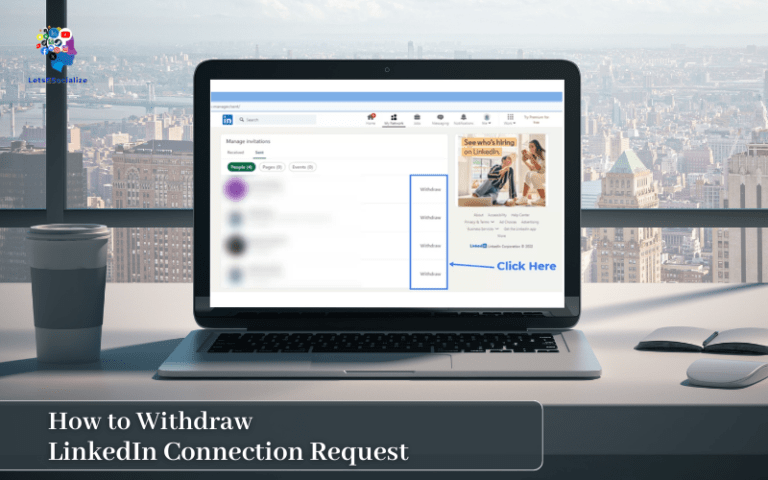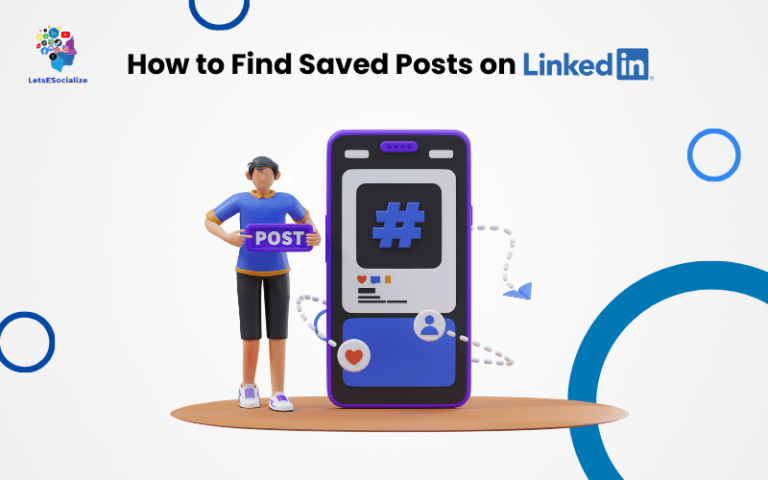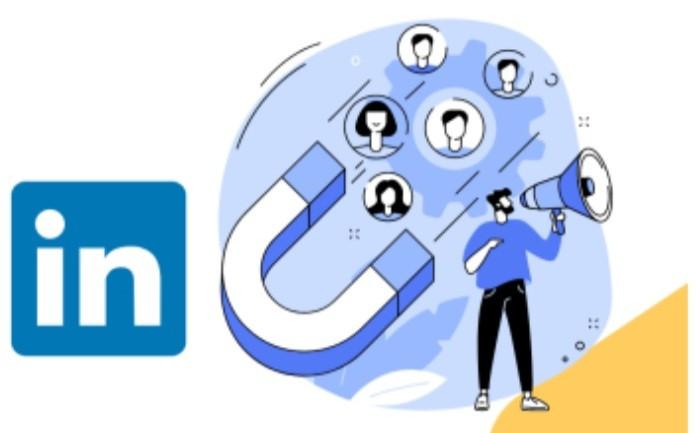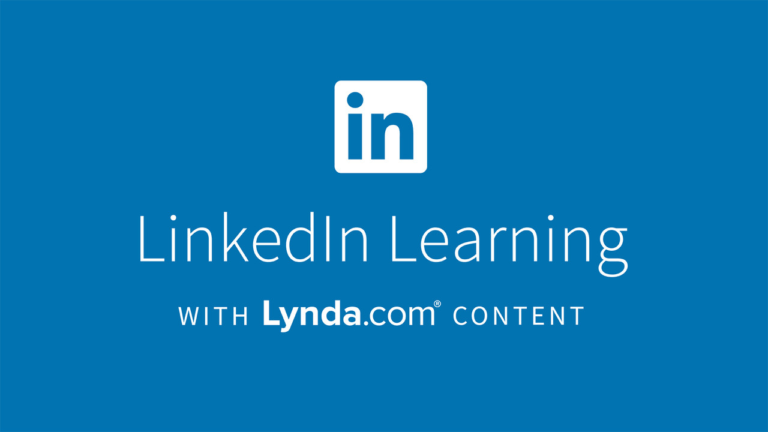Interviewing is a pivotal skill that can make or break your career opportunities, and improve your interviewing skills. With an estimated 75% of jobs now being filled through online recruiting, honing your interview abilities is more vital than ever.
In this comprehensive guide, we will provide actionable techniques to master interview skills and confidence using LinkedIn, the world’s largest professional networking platform.
Table of Contents
Why Interview Skills Matter

Strong interview skills are invaluable for several reasons:
- They enable you to articulate your value and stand out among candidates.
- They build rapport with interviewers and influencers.
- They help align your experience with role requirements.
- They allow you to negotiate job offers more effectively.
- They establish credibility and personal brand from the start.
- They instill confidence to tackle challenging questions smoothly.
- They maximize your chances of converting interviews into lucrative job offers.
- They equip you for future promotion and growth opportunities.
That’s why continuously improving your interview skills is so crucial for career advancement.
Also Read – How to Negotiate a Salary on LinkedIn
How to Improve Interview Skills Through LinkedIn

Here are effective ways to leverage LinkedIn to boost your interview abilities:
Research Common Interview Questions
Follow relevant LinkedIn influencers and publications sharing sample questions, templates, and best practices for different roles and industries.
Learn From LinkedIn Courses
Take LinkedIn Learning courses on interviewing fundamentals, body language, responding to tough questions, and other segments to gain skills.
Watch Sample Interviews
Study video interviews with executives and thought leaders on LinkedIn to observe effective verbal and non-verbal communication.
Prepare Elevator Pitches
Craft compelling elevator pitches that concisely sell your value using LinkedIn profile summaries for examples.
Build a Professional Profile
Develop a stellar LinkedIn profile highlighting your achievements, skills, and career progression to reference in interviews.
Grow Your Network
Expand your connections with colleagues, peers, and leaders who can endorse you or provide referrals.
Join Industry Groups
Participate in niche industry groups to gain insider knowledge that prepares you for roles in that field.
Follow Target Companies
Research company pages to understand priorities that allow you to tailor your experience for interviews.
Get Insights From Connections
Use LinkedIn messaging to connect with former colleagues at target firms to get insider intel for upcoming interviews.
Review Interview Feedback
Solicit constructive feedback from connections after mock or real interviews to improve continually.
Also Read – LinkedIn Prospecting Foundation: Craft a Compelling Profile
Best Practices for Interview Prep on LinkedIn

Apply these interview best practices using your LinkedIn presence and network:
Research the Interviewer
Look up interviewers on LinkedIn to personalize quickly based on mutual connections, interests, etc. during small talk.
Review Typical Interview Formats
Use LinkedIn Learning to study if interviews involve behavioral questions, case studies, assessments, presentations, etc. so you can practice.
Prepare 5-10 Key Stories
Identify stories from your background that highlight achievements. Memorize details using LinkedIn work history.
Anticipate Likely Questions
Research common company, role, and industry interview questions on LinkedIn to prepare responses.
Build a Portfolio
Link to presentations, projects, and impact in your profile to reference as proof points in interviews.
Practice Video Interviews
Record your mock interviews on LinkedIn and solicit feedback virtually from connections.
Customize Your Profile for Each Role
Tailor profile highlights, headlines, and featured skills for every position you interview for.
Do Post Interview Follow Up
After interviews, remember to thank interviewers for their time via LinkedIn messages.
Using LinkedIn’s unparalleled professional insights and network will give you a leg up across every interview situation.
How to Handle Common Interview Challenges

Here are LinkedIn-powered strategies to tackle frequent interview challenges:
Overcoming Interview Nerves
- Use LinkedIn Learning meditation and visualization courses to build calm and confidence.
- Review positive feedback and endorsements on your profile to remind yourself of your accomplishments.
- Share your interview anxiety with connections to get encouraging advice and inspiration.
Answering Behavioral Questions
- Prepare 2-3 illustrative anecdotes for each common behavioral question highlighting your skills.
- Use LinkedIn work history to ensure you recall key details like timelines, accomplishments, etc. accurately.
Introducing Yourself Concisely
- Craft a compelling headline and 2-3 key details for your LinkedIn intro mirroring a strong elevator pitch.
- Practice introducing yourself succinctly in under a minute both in writing and verbally.
Explaining Career Gaps or Job Changes
- Be transparent on your LinkedIn profile about gaps and changes so you can briefly justify them in interviews.
- Emphasize transferable skills and lessons learned during transitions.
Handling Questions Outside Your Experience
- It’s okay to acknowledge when you lack expertise in certain areas.
- Relate your broader problem-solving, research, and learning abilities to unfamiliar topics.
- Use gaps as opportunities to express your eagerness to quickly gain new skills.
With preparation and practice, you can tackle even the toughest interviewers and questions confidently.
Building an Impressive LinkedIn Presence to Showcase Your Abilities

Beyond preparing for interviews, build an impressive LinkedIn presence that complements your skills and experiences.
Craft an Engaging Profile Summary
Showcase achievements, skills, unique value propositions, and personality using storytelling elements.
Spotlight Core Skills and Expertise
Leverage the skills section to illustrate the proficiencies recruiters are looking for.
Feature Recommendations and Endorsements
Social proof from connections vouches for your talents.
Share Examples of Work
Portfolio projects, presentations, articles, etc. demonstrate skills in action.
Communicate Ambitions and Passions
Your interests, volunteer work, and goals show your well-roundedness.
Join Relevant Groups
Industry group participation highlights niche knowledge and networking abilities.
Engage With Content Consistently
Commenting and posting illuminates your industry perspective and thought leadership.
Expand Your Connections Strategically
Quality connections signal strong relationship-building abilities.
A standout LinkedIn presence paired with interview readiness will make you irresistible to any recruiter or hiring manager.
Also Read – LinkedIn Bots Are On the Rise: Here’s What You Need to Know
Key Takeaways
- Interview skills require ongoing practice as each experience teaches new lessons.
- Leverage LinkedIn’s unmatched professional resources to continually develop confidence and ability.
- Prepare thoroughly but also focus on authentic rapport building during interviews.
- Complement skills with a strong personal brand and LinkedIn profile that makes those talents memorable.
- Handle challenges smoothly by practicing responses to common scenarios.
- Follow up interviews by expressing your excitement and fit for the role.
- With a growth mindset and the right preparation, every interview will inch you closer to your dream job.
The more you put yourself out there, the more your interviewing abilities will strengthen. Use LinkedIn to gain knowledge, solicit feedback, expand connections, and showcase expertise so you can put your best foot forward. Now get out there and crush those interviews!






